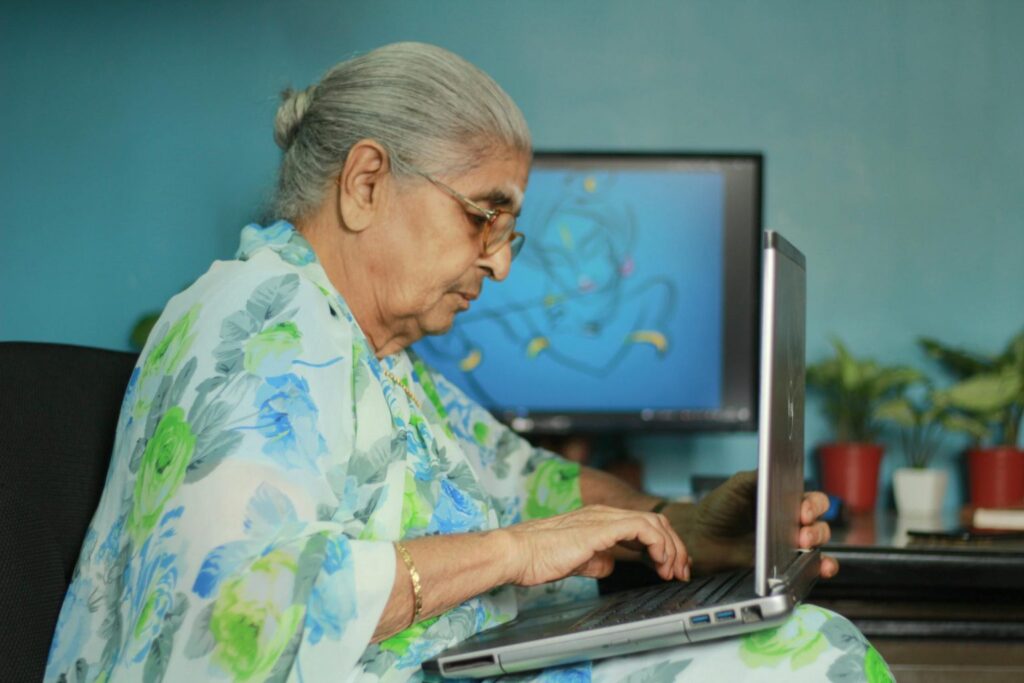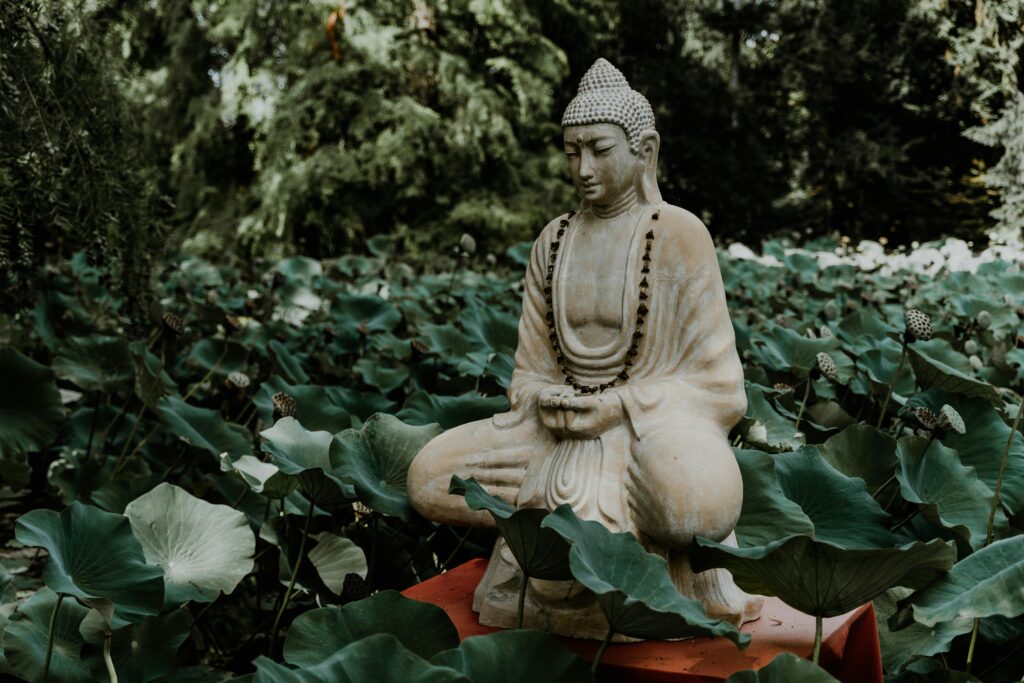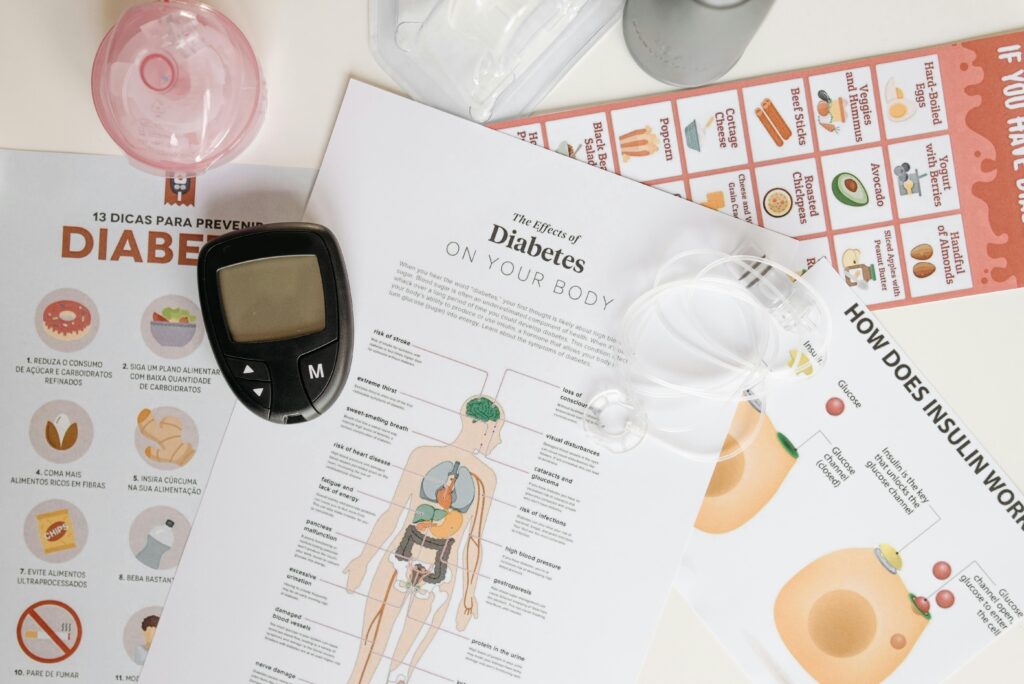The monsoon season brings relief from the summer heat. But for those over 60, it also brings higher chances of infections, digestion issues, and inflammation. As a nutritionist, I often see older adults fall sick during this time—not because of the weather alone, but because of what’s on their plate.
As we age, our digestion slows down, and our immunity needs more support. During the rainy season, the moisture and dampness around us can lead to food spoilage, contamination, and digestive distress more easily. So, let’s look at the foods seniors should avoid during monsoon—and why it matters so much.
1. Leafy Vegetables (Unwashed or Raw)
Spinach, methi, and coriander are healthy—but during the monsoon, they often carry more dirt, worms, and bacteria due to muddy water.
🔸 If not washed properly, they can cause stomach infections.
🔸 Avoid eating them raw (like in salads) this season.
✅ Tip: Always soak leafy greens in saltwater before cooking. Prefer steamed or well-cooked greens over raw ones.
2. Fried and Street Foods
Pakoras in the rain may sound tempting, but resist the urge—especially if you’re over 60.
🔸 Fried foods are heavy and hard to digest.
🔸 Street food may be made with reused oil or unhygienic water.
🔸 Stale oil promotes inflammation and acidity.
✅ Tip: If you crave something fried, prepare a light version at home using clean oil and air-frying methods.
3. Seafood and Meat During Early Monsoon
Fish and seafood can be contaminated during the breeding season.
🔸 They may not be fresh, leading to a risk of food poisoning.
🔸 Non-veg items take longer to digest and may cause bloating or heaviness.
✅ Tip: If you consume meat, ensure it’s from a reliable source, fresh, and thoroughly cooked.
4. Canned or Processed Foods
Instant noodles, processed cheese, and tinned foods may seem easy—but they’re not elder-friendly during this season.
🔸 High in salt and preservatives, which can worsen blood pressure or kidney issues.
🔸 Low in real nutrition and fiber.
🔸 Often contain hidden sugars or unhealthy fats.
✅ Tip: Focus on fresh, seasonal foods made at home with minimal oil and spice.
5. Fermented Foods
Dosa batter, idli batter, and pickles might not ferment well during monsoon.
🔸 Improper fermentation can cause acidity, bloating, or even stomach upset.
🔸 Fermented foods spoil quicker in humid weather.
✅ Tip: Prepare batter in small batches. Avoid eating pickles daily.
6. Raw Salads and Cut Fruits from Outside
Raw vegetables and cut fruits (especially when bought pre-cut) are risky.
🔸 They may be exposed to flies or dirty water.
🔸 Moisture and lack of refrigeration increase bacterial growth.
🔸 Seniors are more prone to foodborne infections.
✅ Tip: Wash fruits thoroughly, peel them at home, and eat immediately after cutting.
7. Milk-Based Sweets and Chaats
Rasgullas, kheer, curd-based snacks, and chaats sold outside can quickly go bad in humid conditions.
🔸 Spoiled milk products are a common cause of stomach upsets.
🔸 Chaats often use raw onions, chutneys, and curd that can turn sour.
✅ Tip: If you want a sweet, try dry fruits or homemade kheer with fresh milk.
8. Mushrooms
Although mushrooms are nutritious, during monsoon they are harder to clean and more likely to be contaminated.
🔸 They grow in damp conditions and may carry fungi or bacteria.
🔸 Not recommended unless you’re sure of the source and quality.
✅ Tip: Wash mushrooms thoroughly and cook them well. Avoid buying roadside or loosely packed varieties.
9. Carbonated and Sugary Drinks
Soft drinks, bottled juices, and fizzy beverages do more harm than good.
🔸 They reduce appetite and replace water without hydrating.
🔸 Often full of sugar, leading to weight gain and insulin spikes.
🔸 Can worsen acidity and digestion.
✅ Tip: Go for warm herbal teas, jeera water, or fresh lime water without sugar.
10. Overripe or Stale Fruits and Vegetables
Fruits like bananas and papayas ripen quickly during monsoon and may develop mold or fungus.
🔸 Mold is not always visible but can be harmful when consumed.
🔸 Older adults may not smell or taste spoilage easily.
✅ Tip: Buy fruits in small quantities. Check for spots and use immediately.
So, What Should Older Adults Eat Instead?
Stick to simple, warm, well-cooked meals:
- Moong dal khichdi
- Steamed vegetables
- Herbal soups (like ginger-tulsi or pepper rasam)
- Well-cooked rice and fresh curd
- Seasonal fruits like apples, pears, and pomegranates
- Warm water or boiled water for drinking
✅ Final Thoughts
Food is medicine—especially when you’re over 60 and trying to stay healthy during the monsoon. By avoiding the wrong foods and choosing wisely, older adults can reduce the risk of infections, indigestion, and fatigue.
👵👴 Help your elders eat better and feel better this rainy season.
💬 Have any questions or tips of your own? Share them in the comments!
🔁 Found this useful? Please share with family and friends who care for elders.





